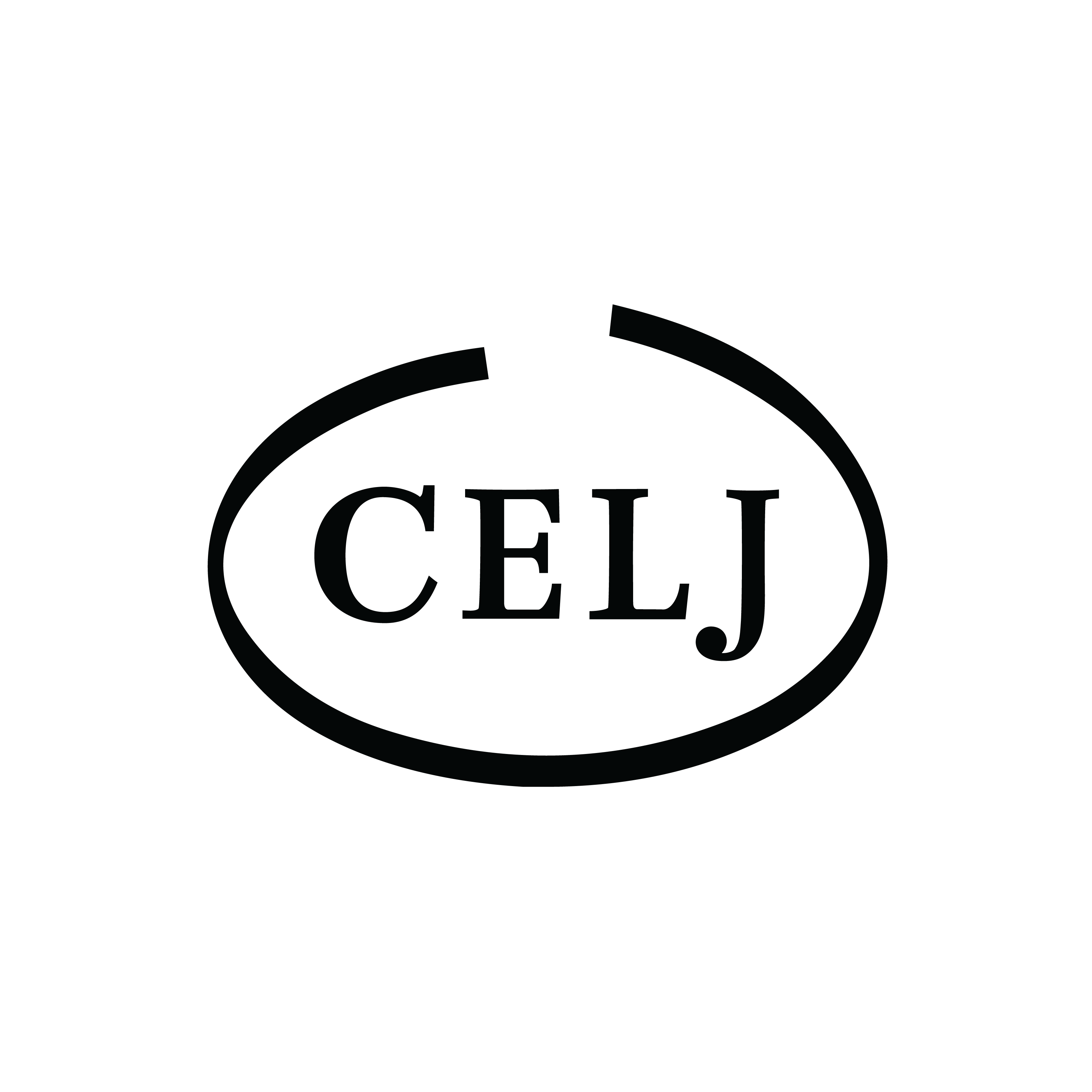CALL FOR DIGITAL SUBMISSIONS
The New Work of Composing
Editors: Debra Journet, Cheryl E. Ball, Ryan Trauman
What is the new work of composing? Multiplicity of modes and media; myriad new sites and genres; morphing definitions of what counts as text and author and audience; seismic shifts in means of production and delivery....
In the midst of cultural and linguistic diversity, increasing globalization, and rapidly changing technologies that characterize contemporary life, these are compelling questions for us—as students, teachers, writers, composers, activists, citizens. The 2008 Thomas R. Watson Conference is exploring the complex and semiotically rich challenges we face, in the university and beyond, as we move toward new modes of composing, new forms of rhetoric, new concepts of texts and textuality, and new ways of making meaning. This edited collection—as an outgrowth of the conference theme—seeks to explore how new communicative technologies and genres are changing what we think of as “composing” including such core concepts as “writing,” “text,” “author,” “literacy,” and “scholarship.” As with the conference, we envision the book will (barely!) contain lively disciplinary and interdisciplinary discussions about such issues as
- how do new technologies change the ways we understand the work of composing?
- how does the new work of composing function across English Studies?
- what does digital scholarship look like in English Studies?
- how do issues of access, materiality, or economics affect composing within and outside the university?
- what is the relation between new and old media? between textual, visual, and aural modes?
- in what ways are emerging technologies realizing past assertions of possibility?
- what happens to writing in contexts of new media composing?
- how do we define our responsibilities as teachers, scholars, and practitioners?
- where do we now locate disciplinary identity in relation to the new work of composing?
This book, tentatively entitled The New Work of Composing, will be submitted to the open access, peer-reviewed Computers and Composition Digital Press (http://ccdigitalpress.org/), edited by Cynthia L. Selfe and Gail Hawisher, and affiliated with The Ohio State University, Miami University of Ohio, University of Illinois, Utah State University, and The Institute for the Future of the Book. We hope this collection will not only add to our growing understanding of the new work of composing, but will also provide innovative examples of digital scholarship and help us consider the new intellectual work of the “book.”
Because the book will be published digitally, we are looking for scholarship that both addresses and enacts the “new work of composing.” We welcome hypermediated scholarly papers and especially encourage other forms of digital scholarship, including video-texts, sound essays, networked books, webtexts, other conceptions of multi-genre and/or multimodal texts. We invite you to query us before proposal submission so that we can help you conceive of your work in digital, multimodal formats. (For those attending the 2008 Thomas R. Watson conference, the editors will be available during the Friday lunch break, where we will be eager to talk to authors about submissions.)
Proposal Guidelines
Proposals should be submitted in a single word-processing document, attached to a brief cover email, and sent to all three editors at the addresses below. (Subject line: ‘New Composing Proposal: YOURNAME’.) The proposal should include:
- author name and full contact information,
- a 1-page abstract of your argument with a chapter title, plus a brief bibliography, and
- a 1-page description and rationale of your argument’s design, including a list of technologies (i.e., file-types, server-side programs, plug-ins, etc.) that your eventual submission might use.
You may include a prototype (i.e., sample URL, screenshots, audio or video excerpt, etc.) to accompany your design description and rationale. We cannot accept attachments over 2 megs. If your proposal is larger than that, please email the editors at least 3 days prior to the submission deadline so that we can suggest alternate modes of delivery. Mailed CDs/DVDs are acceptable, but discouraged. Mailed submissions must arrive at the University of Louisville by November 15. Once your proposal is submitted, authors will receive confirmation of proposal submission, via email, within 2–3 days.
Proposal deadline is NOVEMBER 15, 2008.
Email submissions to all the editors at:
- Debra Journet, debra.journet@louisville.edu
- Cheryl E. Ball, cball@ilstu.edu
- Ryan Trauman, ryantrauman@gmail.com
Or snailmail large files to:
Thomas R. Watson Conference
University of Louisville
Department of English
315 Bingham Humanities
2211 South Brook Street
Louisville, KY 40292
Timeline
November 15, 2008 Proposals
due
December 15, 2008 Decisions
made
September 1, 2009 Submissions
due (tentative)

